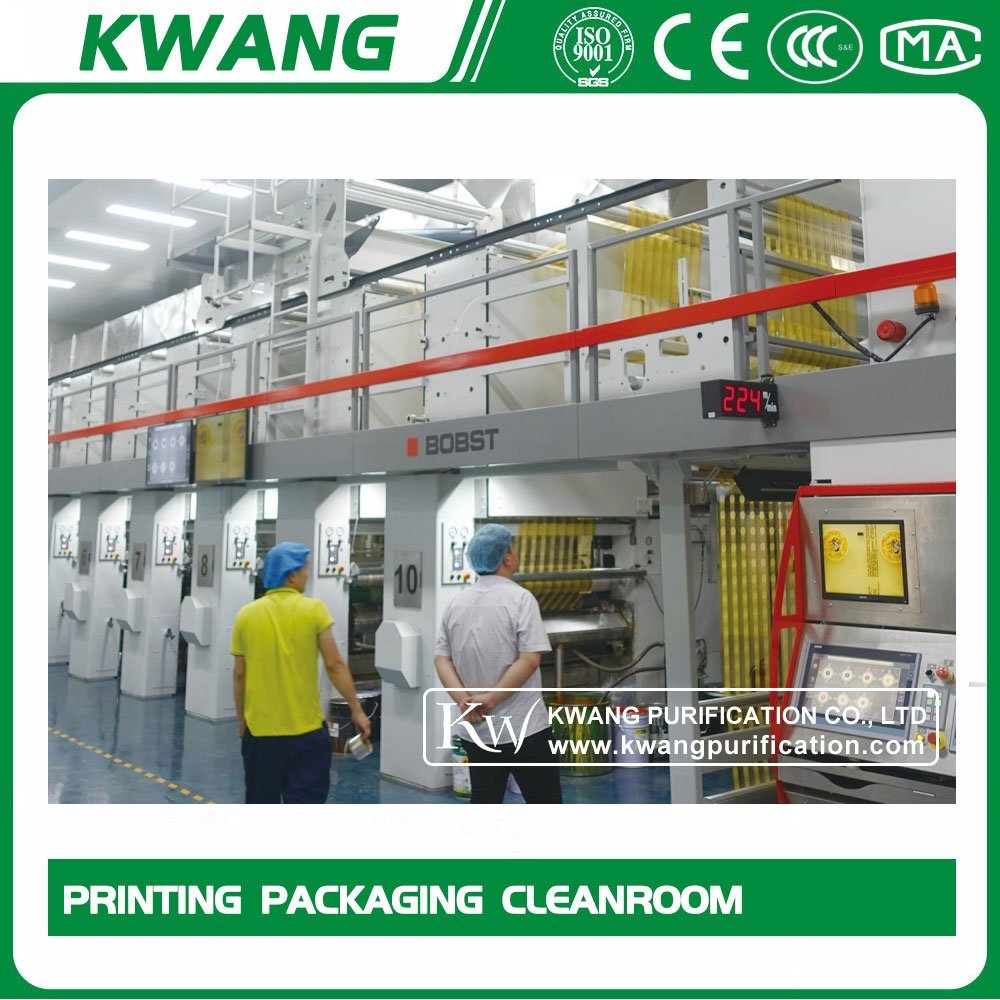Utilizing Industrial Air Showers for Cleaning in Manufacturing Environments
Industrial air showers are air purification units designed specifically for removing contaminants in manufacturing settings. They utilize directed filtered air to clean personnel, equipment, and materials before entering production areas.

Purpose in Manufacturing Facilities
The primary purpose is eliminating dirt, dust, debris, chemicals and biocontaminants that could impact product quality or employee health.
Key Design Elements
Stainless steel or coated steel construction, explosion-proof motors, integrations with plant infrastructure and industrial-grade components tailored for rugged continuous use.
Differences from Commercial Air Showers
Industrial models have corrosion-resistant designs, plant-wide controls integration, and increased energy-efficiency versus commercial or lab-grade units.
Major Applications of Industrial Air Showers
Industrial air showers have important applications across manufacturing sectors:
Automotive Manufacturing
Remove contaminants from parts, tools and workers when transferring between machining and clean assembly areas.
Pharmaceutical Production
Maintain sterile conditions and prevent product cross-contamination in drug manufacturing facilities.
Food and Beverage Processing
Eliminate dirt and microbes from equipment and personnel entering sensitive processes like canning or bottling.
Precision Technology Manufacturing
Clean items before entering assembly cleanrooms for semiconductors, optics, or precision instruments.
Benefits of Using Industrial Air Showers
Incorporating air showers provides notable benefits:
Removing Harmful Contaminants
Protect products and people by eliminating oils, shavings, chemicals, allergens or other potentially dangerous contaminants.
Preventing Product Defects
Removal of debris minimizes rejects or flaws by preventing entry of contaminants that could damage product surfaces or quality.
Improving Employee Health and Safety
Workers are cleaner and healthier when dangerous contaminants are kept away from break areas and administrative offices.
Considerations When Selecting Industrial Air Showers
Assess key factors when choosing air shower models:
Types of Contaminants to Eliminate
Airflow velocities and filtration capabilities should match facility needs whether removing large debris or microbes.
Required Airflow Velocity and Filtration
Higher speeds and HEPA/ULPA filtration better remove microscopic contaminants like powder coatings or bacteria.
Integrating with Existing Infrastructure
Evaluate installation requirements including conveyors, electrical systems, plant monitoring and controls.
Facility Location Factors
Position air showers strategically considering:
Positioning Relative to Production Flow
Locate where contamination is likely to enter sensitive environments based on process flow patterns.
Utility Connections
Nearby access to electrical systems, compressed air and exhaust ducting helps reduce installation costs.
Managing Environmental Conditions
Avoid hot and wet areas which could impact air shower performance or shorten component lifetimes.
Best Practices for Operation and Maintenance
Follow these recommendations:
Staff Training on Proper Use
Educate all employees on how to properly pass through air showers per standard operating procedures.
Regular Filter Replacement
Replace HEPA filters regularly based on usage to maintain optimized airflow.
Daily Cleaning and Disinfection
Prevent microbial buildup by daily cleaning interior surfaces and disinfecting per industry standards.
Conclusion
Specifically designed for industrial settings, industrial air showers play an important role in eliminating harmful contaminants to protect manufacturing quality, employee health and safety. When appropriately selected, positioned and maintained, air shower investment provides significant benefits for automotive, pharmaceutical, food processors, and other manufacturers requiring stringent contamination control.
FAQs
Q: How often should air shower validation and testing be conducted?
A: Annual validation testing using particle counters is recommended to verify proper airflow and filtration performance.
Q: Can industrial air showers accommodate forklift traffic?
A: Yes, many models can be customized for high clearance and impact-resistant designs suitable for forklift use.
Q: What options help reduce energy consumption?
A: Occupancy sensors, variable frequency drives, and heat recovery systems help improve air shower energy-efficiency.
Q: Should industrial air showers have an alarm or alert if it malfunctions?
A: Yes, a visual or audible alarm that alerts staff of any air shower malfunction or outage is highly recommended.
Q: Do industrial models require special permits or codes?
A: Explosion-proof rated models will require conformance with electrical codes for hazardous locations. HVAC and air quality permits may also be needed.
Kwang Purification is proud to offer examples of a variety of our air shower projects below. Air Shower HEPA Filter, Auto Sliding Door Air Shower, Automatic Rolling Door Air Shower, Rapid Rolling Shutter Door Cargo Air Shower, Rapid Rolling Door Air Shower, Air Shower System Manufacturers, Pharmaceutical Cleanroom Air Shower.

 +86 13921198925
+86 13921198925 katherine.wang@kwangpurification.net
katherine.wang@kwangpurification.net 8613921198925
8613921198925






